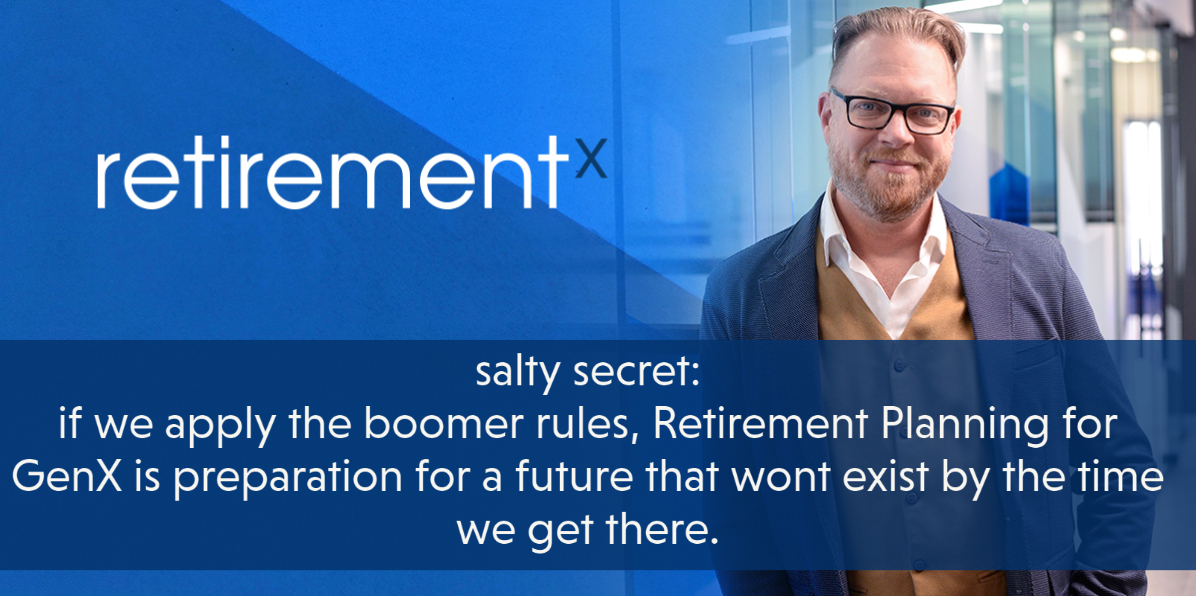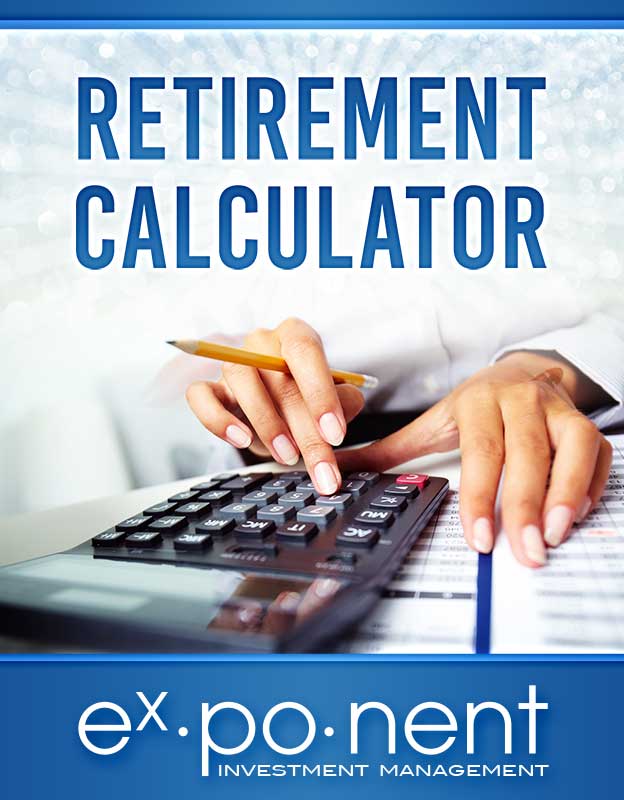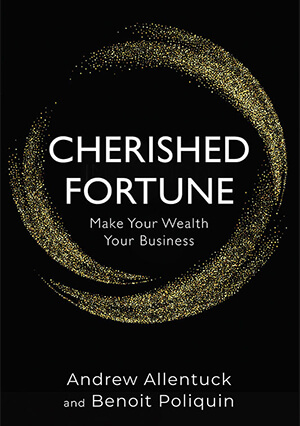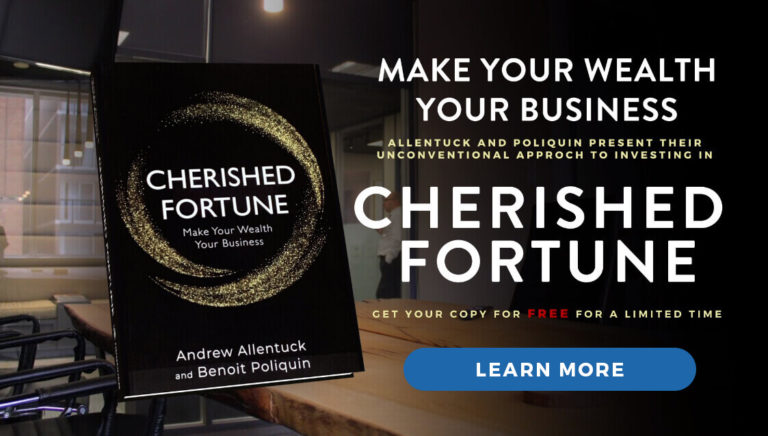If you think back to our childhood, you may recognize that our public education system was built around the needs of an industrial/manufacturing economy. We learned to form orderly lines and respond like Pavlov’s dog to the recess and lunch whistles as we prepared for a future role in the factory. Punch In. Punch out. A fifteen-minute break, twice a day. Five shifts a week. Post-war-boom aspirations of station wagons and white picket fences.
Maybe I sound a bit salty about this.
In the mid-sixties, the time we associate with the birth of the first GenXers, Canadian Marshall McLuhan coined the term “The Electronic Age” and said “Increasingly school is becoming a place of detention rather than a place of attention.” He couldn’t have imagined, in his visionary future of the global village, the challenges that our kids have in the social-media age.
We were free-range kids in the 70s and 80s and there’s a good argument that GenX has uniquely straddled the line between the industrial economy and the information age. A generation living through the most rapid changes in human history.
Now Covid has destabilized our models of the world. A mass disillusionment. Education? Relationships? Media? Government? Careers? How we work? Where we work? How we live in our homes?
People are calling this “The Big Think,” and we’ve been shaken more dramatically out of our normal routines by this than by any technological innovation in our lifetimes. Some of us are having The Think because we’re facing increased pressure and higher demands on our time, and some of us, because of a forced stillness and cessation. At points along the way we may even have lost all sense of certainty about the future. Our dreams and goals thrown to limbo.
It’s possible that our shock was so dramatic it was like a collective near-death experience: an existential trauma; a confrontation with mortality; an opportunity to take stock as we faced a full-blown meaning crisis.
We’ve realized perhaps how fragile our society is. In spite of lives characterized by transformation we felt just how fast things can change. We’ve witnessed the proliferation of propaganda and conspiracy narratives unlike anything we’ve ever experienced. We may have even asked’, “How do we even know what’s true anymore?”
If you can believe it, the end to the pandemic is in sight, and our ability to look to the future seems to be coming back. If you’re like me, somewhere in the GenX cohort, no longer wet behind the ears, you may have wondered during your own Big Think, what will the future look like, five, ten, and fifteen years from now? Can we borrow McLuhan’s vision and imagine three or four decades? What kind of world will we see? What kind of future can we create for ourselves?
I’ve worked in the finance industry for two decades, and I’ll tell you a salty secret: the model of retirement that we are working towards has a lot in common with the outmoded model we have of education. Retirement planning is preparing for a future that will be outdated by the time we get there. In a way I’m a teacher in an outdated school. My Big Think about my career has been: how can I help people get beyond the basic middle-school ideas we have about it. Can we disrupt retirement?
I have seen people bopping along, assuming that the past will equal the future through my whole career. It will not. In case you missed it, what the boomers have now figured out, if I am to share a secret of the industry here, is that most of the ideas we have about retirement were never true.
Retirement means: “To discontinue from usefulness.” It originated as a set of political promises to satisfy the issues related to a conflict between two generations in society in the late 1800s: A boom generation learning in factory schools couldn’t get jobs in the factories when they graduated while a whole generation of older workers couldn’t afford to stop working. Up until that point in human history, after 10,000 generations, we had never had the idea. We contributed to family and community as long as we were able, but a promise of relief from a life-time of work caught people’s imaginations when it was introduced as a political promise.
Over the years I have worked with hundreds of people and I have personally helped dozens of families make the traditional transition to retirement; but I have also witnessed the psychic, emotional and heath disasters people experience because of this artificial and sometimes arbitrary life transition. Don’t get me wrong, planning for financial security and helping people accumulate collateral clout and the freedom to create a future they dream of is the practical work that I do, but I’m as excited to guide someone to stop work Friday, start retirement Monday as I am about another round of covid lockdowns.
Human beings are meaning-making creatures, and ideally as we mature and move through natural stages of life and development in adulthood, we engage with the world in more and more meaningful ways. Our choices, our influence, our experience in our careers gives us the ability to be more of who we are. So why do we plan disconnect at age 65, now considered young, and walk away from many of the structures that gave us our sense of meaning?
We can see writ-large the effects of collapsing systems of meaning in society that have been amplified by the stresses of covid: instability, conflict, identity crisis, anger, and fear. People who embrace the traditional model and retire “traditionally” often face a catastrophe of meaning alone.
For those of us who are GenX, the Big Think, and Covid and the Internet and the lessons of the generation that went before us have given us a perspective unique to us. A chance to rethink retirement and make choices that take us away from the frameworks of government institutions; away from the embellished images given to us by financial-institution marketing; of youthful seniors wearing linen, walking the beach hand-in-hand. Maybe the Big Think has given us a chance to glimpse a greater degree of meaning in our lives; Maybe we’ve realized a greater degree of gratitude, maybe we’ve taken time to appreciate moments like we haven’t since the innocence of our childhood.
When we go “back to normal” will we go back to lining up after the lunch-bells again? Two kids, two cars, careers, cats and commutes? Back to the work breakfasts, the cocktail events and the golf, or the slog of being on the road again? Back to dance class and gymnastics and hockey? Will we be again consumed with the demands of the lives we lived before? Or can we take some of the questions we’ve asked and the lessons we’ve learned and use them to shape our futures? How can we create ways of living that reflect the kind of world and the kinds of lives we want to have in the future? One where we seek an increasing degree of independence from orderly lines and lunch bells and outdated models in favor of richer and more meaningful lives.






